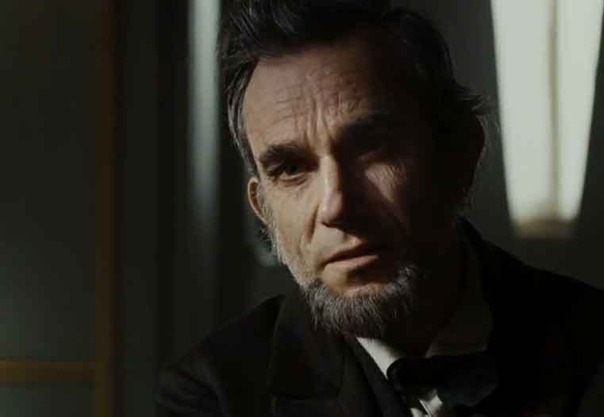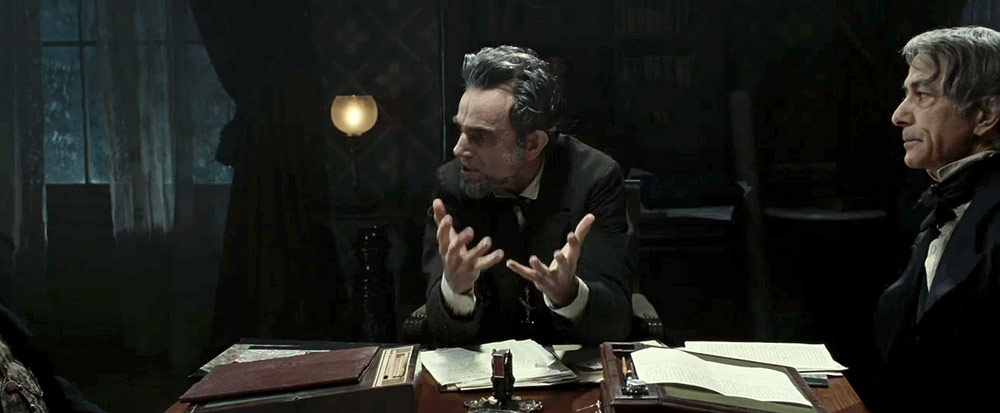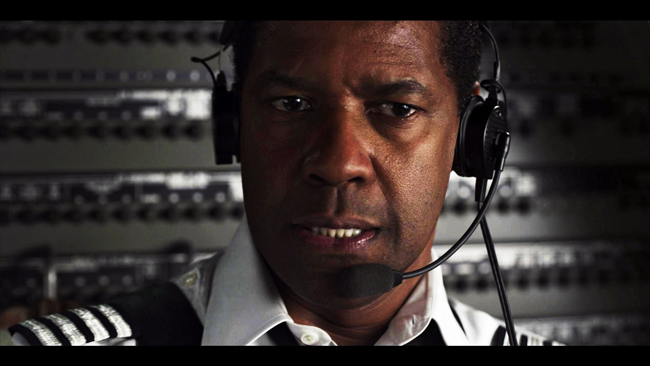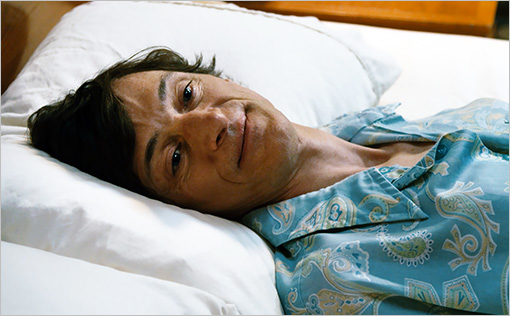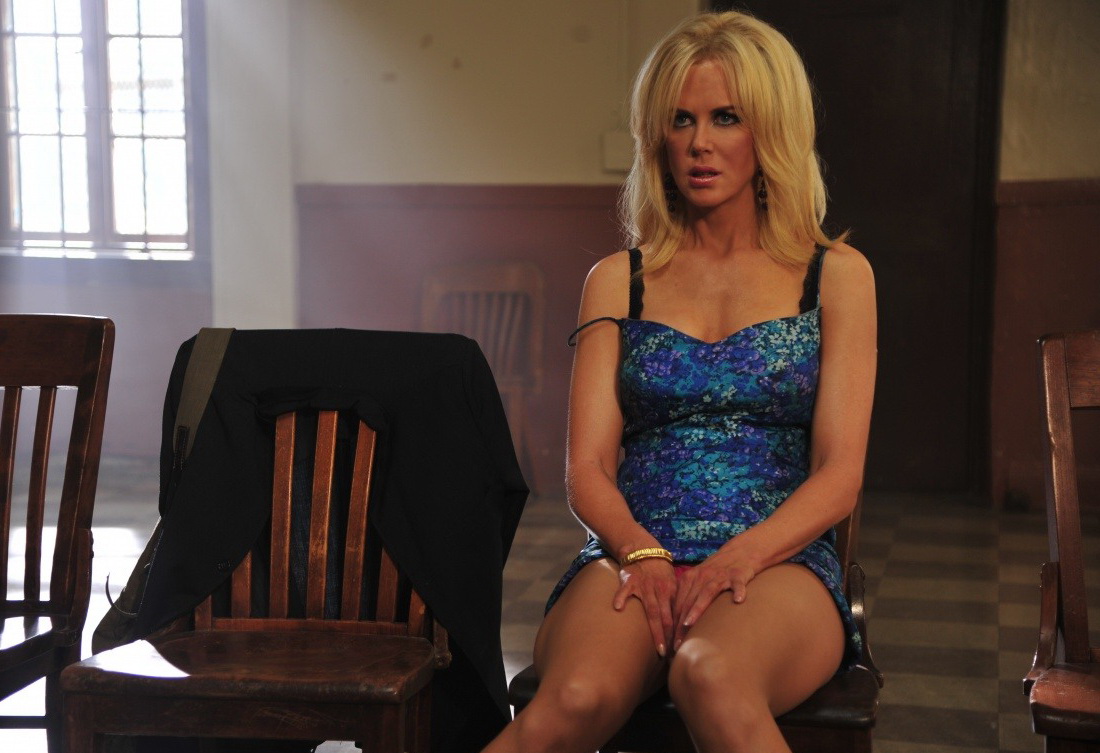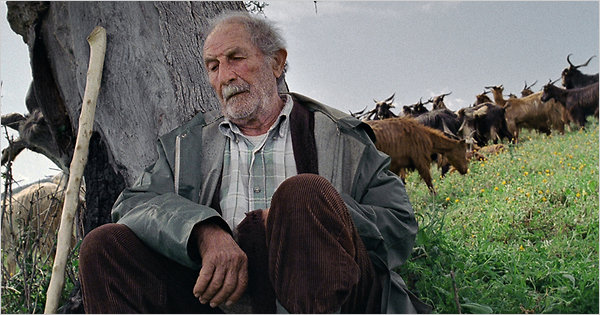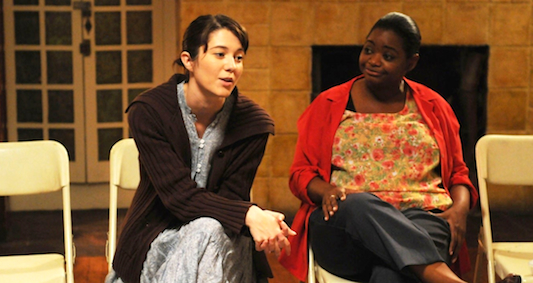
An extraordinary group of 2012 movies featured searingly realistic depictions of alcoholism. The indie drama Smashed portrayed the drinking life and the challenges of recovery and relapse, informed by the personal experience of co-writer Susan Burke. In a potentially star-making performance, Mary Elizabeth Winstead played half of a couple navigating life while drunk. Can they stay together and flourish when she sobers up? Winstead realistically took her character through the carelessness, denial, humiliation and self-degradation of drinking and the fears and determination that co-exist in her recovery.
A much bigger movie, the Hollywood hit Flight, takes on deceit’s centrality to alcoholism, and Denzel Washington brilliantly evokes the protagonist’s achingly vulnerable loneliness and self-loathing.
The excellent documentary Bill W. tells the story of Bill Wilson, the founder of Alcoholics Anonymous, and it’s quite a story. Wilson was a reluctant movement leader. His primary passion was for business, in which his drinking killed his potential success. Instead, he achieved fame and historical importance in a field not of his choosing. As the founder, he could have easily formed AA into a hierarchy with himself at the top – and AA as his personal power base. But, once AA could stand on its own, he chose to walk away from its leadership.
The appealing documentary Paul Williams Still Alive, tells the story of the songwriter, omnipresent in the 70s, but not now. Paul Williams is now twenty years sober and very content in his skin; he doesn’t dwell on the time when he was rich, famous and unhappy.
And in the overlooked Take This Waltz, Sarah Silverman co-stars the protagonist’s sister-in-law, a recovering alcoholic whose relapse sparks a fierce moment of truth telling.

